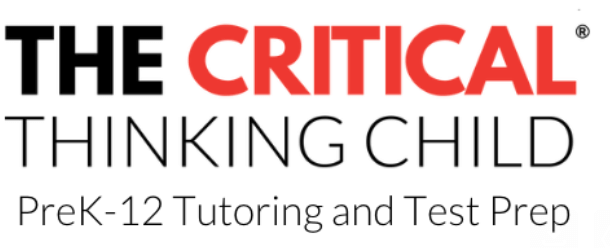It’s a familiar scenario for parents: your child is struggling with a school subject, or you decide they need additional enrichment. Given your own busy schedule, you find that an outside tutor is your best option.
Once the decision to hire a tutor is made, you have to actually find one. If you’ve never gone through the process before, it can quickly become both overwhelming and confusing. There are so many considerations: What qualifications should you look for? What makes a good tutor? Will my child and the tutor get along? What if I make the wrong choice?
While it can seem like a huge burden at the onset, there are specific factors you can look for to make this process easy and the transition into tutoring smooth.
Evaluate the experience of potential tutors
Your tutor doesn’t have to be a former teacher, but he or she does need a good amount of experience working with students of different ages and learning styles. This could come in a variety of forms: tutoring experience, teaching experience, or volunteer experience.
When you first meet with your tutor, make sure they can tell you how they have effectively worked with students with different learning styles. For example, if your child learns kinesthetically (by doing), sitting at a table and drilling flash cards will not be an effective teaching method. Similarly, if your child learns best by listening, walking around and writing will not be effective. Make sure your tutor is a good match for your child’s unique learning style.
It’s also important to make sure the tutor can not just convey facts but also help your child build their critical thinking skills and higher order thinking. This can include creative projects that synthesize learned information, answering higher level thinking skills that ask for evaluation and evidence, or by offering an opinion backed up with facts. Not only do these methods make material more interesting for students, they increase valuable critical thinking skills that will be vital to their future in schooling.
Look for a breadth of knowledge
Not only should a qualified tutor have tutoring experience, but they should also have a wide range of experience, both with age range and with subject matter.
It’s important to find a tutor that can teach more than one grade, preferably a range of at least 3 grades. This vertical perspective can help the tutor understand where your child may be experiencing learning gaps while also having an understanding of where the curriculum (and the tutoring program) will go in the future.
Even if your child is struggling in just one subject, it’s helpful to find a tutor proficient in teaching in more than one area (in particular, both reading and math). An integrated approach to tutoring that incorporates multiple subjects simultaneously will help your child approach critical thinking from an interdisciplinary view.
Additionally, any technique a tutor uses should be research-based and backed by data that shows its effectiveness. Don’t be afraid to ask your tutor about the research behind their methods!
Analyze their ability to assess
Beyond being an effective teacher, it’s also important to find a tutor who understands how to use assessment data to inform instruction. Your child’s tutoring program shouldn’t be centered around their standardized test scores, but it is important to have some sort of benchmark for where your child is when they begin tutoring so that progress monitoring can take place.
Make sure you ask any potential tutor what about their data collection system and how they plan to share that data with you and with your child. Many tutors do this technologically in the form of a spreadsheet or anecdotal notes and simply share this data after each tutoring session.
Even more importantly – check to see how that data will then be used by the tutor. How will they adjust the curriculum accordingly? Your child should be able to frequently show their progress.
Keep up constant communication
Along with effective data collection comes effective communication. Since you and the tutor may not often meet face-to-face regularly to discuss your child’s progress, it is essential that your tutor communicate effectively in writing. Set up some kind of regular email communication so that you know what your child worked on with their tutor and how you can help build upon those concepts at home.
Another must-have is a solid rapport between your child and the tutor. Even if your tutor is great at data management and communicates well with you, nothing will be effective without a relationship between your child and the tutor. Students only want to learn when they know their teacher or tutor cares about and is invested in them as people.
Don’t be afraid to try again
The main qualities to look for when selecting a tutor for your child are: experience, breadth of knowledge, assessment skills, and communication skills. If the first tutor you try isn’t the right fit, don’t be afraid to put out additional feelers. It may take several attempts before you find the tutor who is right for your child.
When you do find a tutor that possesses all of these skills and has a great relationship with your child, you’ll know you’ve found a good match for your family.




I like how you say that you would want a tutor to help you build critical thinking. It would be good to consider this because it would help ensure that they are qualified. My brother’s son needs a tutor, so he’ll have to find someone who builds critical thinking skills.
I agree that you want a tutor that will help your child build your critical thinking skills. It would be good to consider if they can help foster these skills because they can be used for the rest of your child’s life. I’m looking for a tutor to help my child with his geology homework, so I’ll have to find out how they plan to help foster critical thinking as well.